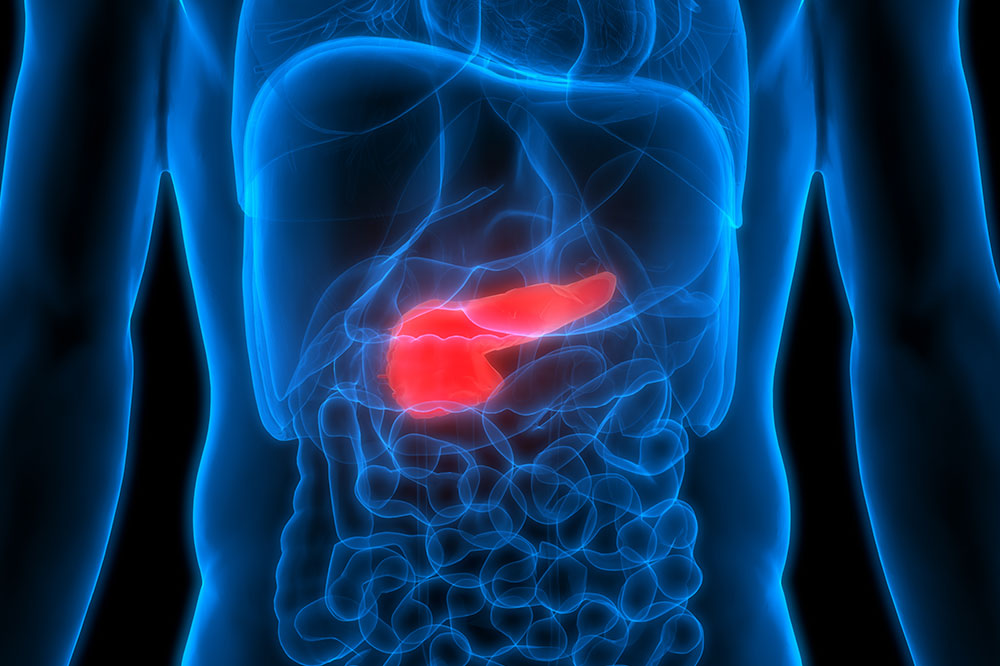
Genetic and Hereditary Risk Factors for Pancreatic Cancer
Each cell in our body has DNA that contains genes. All cancers begin when mutations in genes on the DNA cause cells to grow uncontrollably. So all cancers are genetic, but they may not be hereditary. Hereditary cancer means the risk of developing cancer runs in the family. Roughly 10 percent of all cancers are hereditary. It means that one out of every ten persons with pancreatic cancer has inherited mutation, increasing their risk of developing cancer.
Here are the genetics and hereditary risk factors of pancreatic cancer:
1. Age
The risk of developing cancer increases with age and is higher in older people. As per the American Cancer Society, the average age at the time of diagnosis is 70. Genetic changes are more likely to happen as a person ages.
2. Gender
Men have a higher risk of developing pancreatic cancer as compared to women. This may be because of potential higher tobacco usage in men. Tobacco is one of the risk factors for pancreatic cancer as genetic changes can occur because of long-term exposure.
3. Race
African-Americans are at a higher risk than Caucasians. While the exact cause is unknown, it may be related to a higher prevalence of smoking or higher rates of diabetes among these populations.
4. Family History
Pancreatic cancer is known to run in families. There is a high risk due to inherited genetic mutations, and the gene has not been identified. Though family history is a hereditary cause of cancer, most people who develop pancreatic cancer have no history.
5. Inherited Genetic Syndrome
Genetic mutations or changes can be passed from parent to child. These gene changes are the reason behind 10 percent of pancreatic cancer cases. Some of the genetic syndromes that may cause pancreatic cancer are familial pancreatitis, Lynch Syndrome, Peutz-Jeghers Syndrome, Familial Atypical Multiple Mole Melanoma Syndrome, and Hereditary Breast cancer.
6. Diabetes
Being diabetic for several years increases the risk of pancreatic cancer. Sudden development of diabetes in adulthood can also be an indicator of pancreatic cancer. Though diabetes indicates potential changes in genetic structure, all people who have diabetes may not develop pancreatic cancer.
Pancreatic cancer develops when the cells in the pancreas develop a mutation in their DNA. Genetics and hereditary factors of pancreatic cancer run in some families, while a small percentage of genetic mutations were involved in pancreatic cancer. Although genetics and hereditary factors often influence the development of the disease, they may not directly cause cancer. Some people who may be having several risk factors may never develop cancer, while others with no known risk factors might develop the condition.


